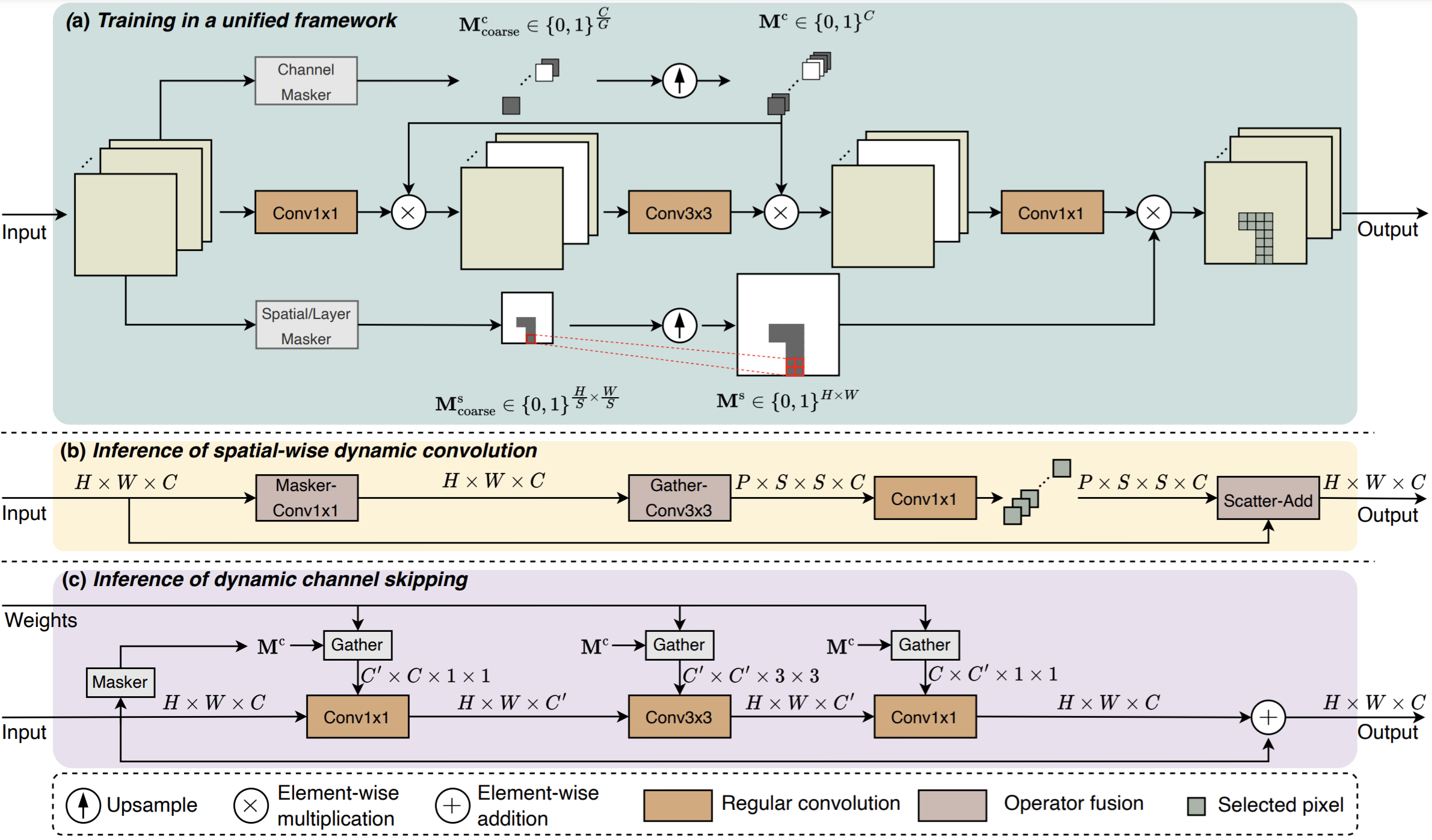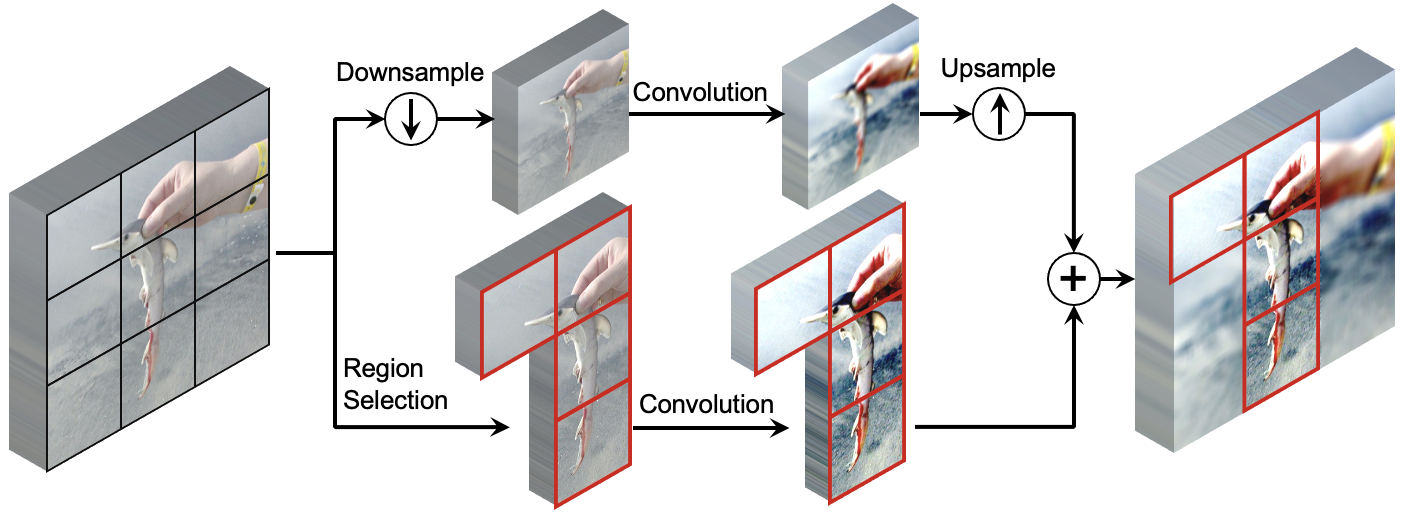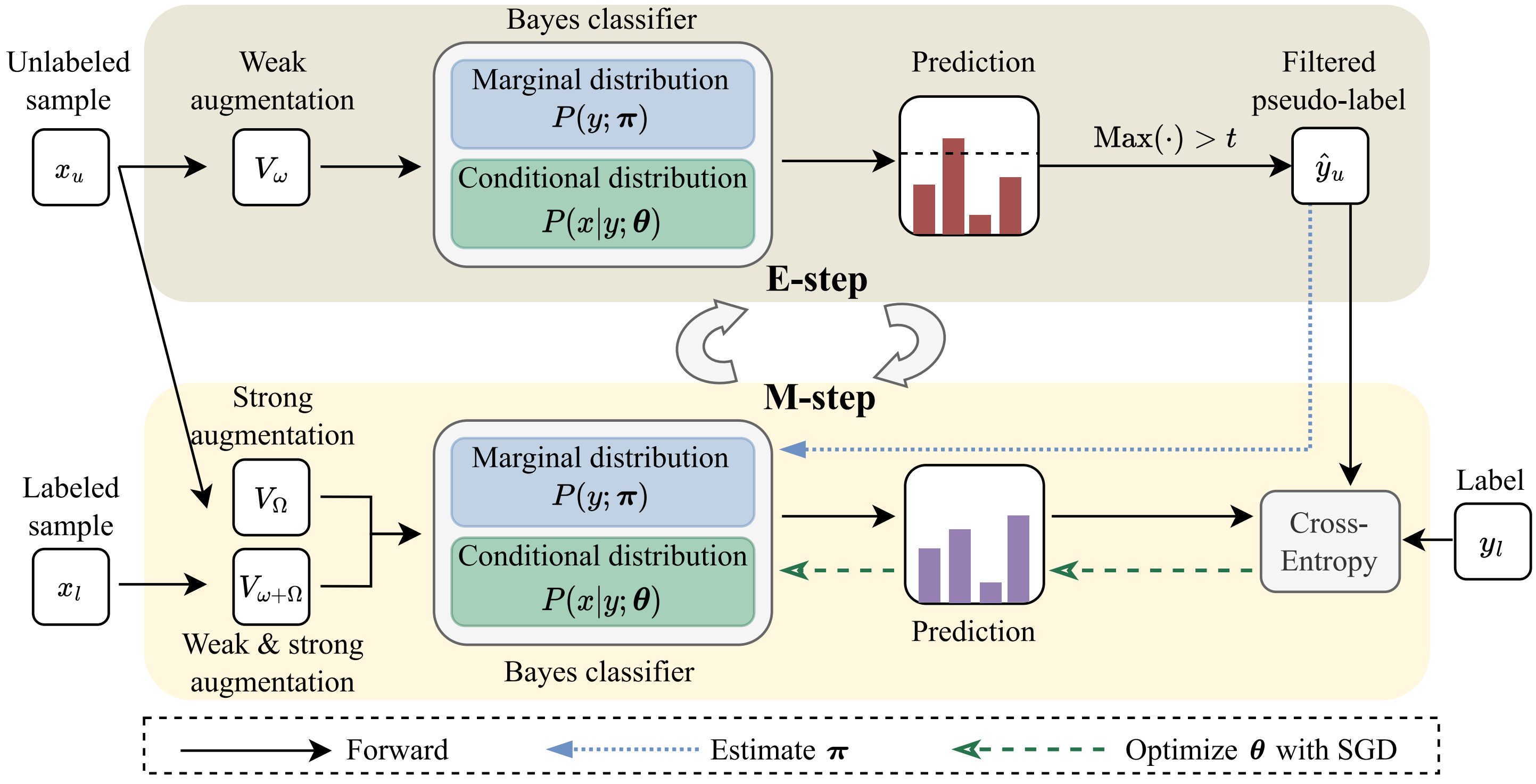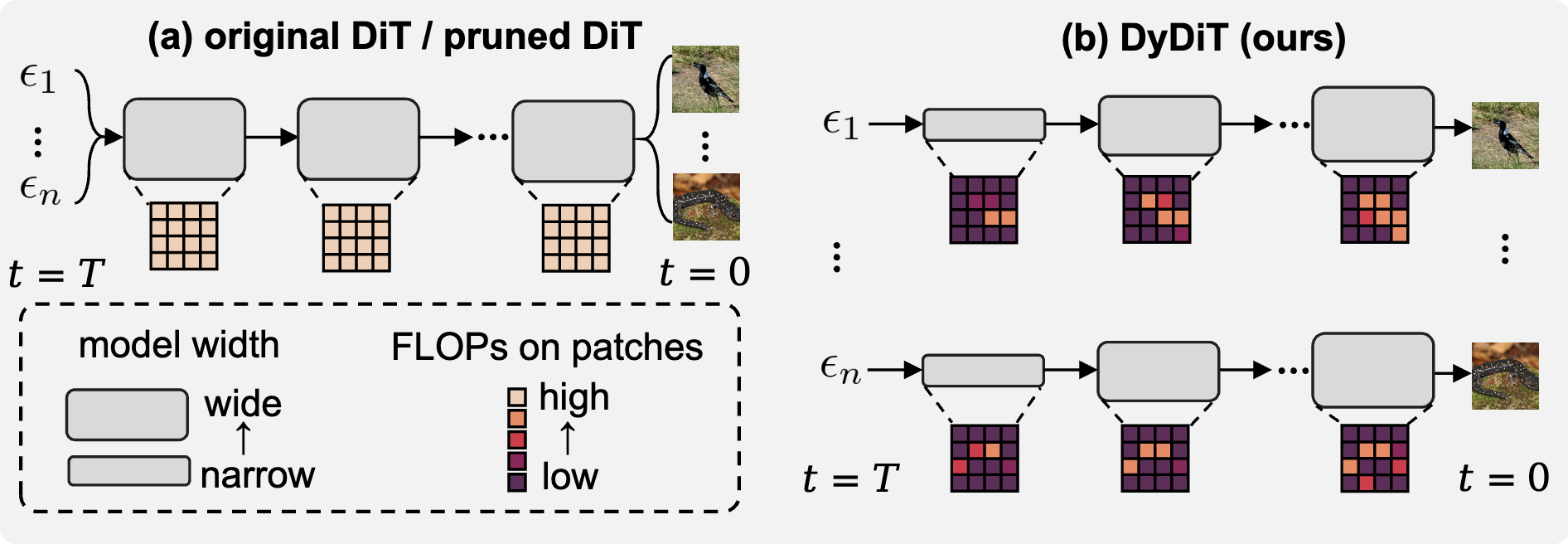
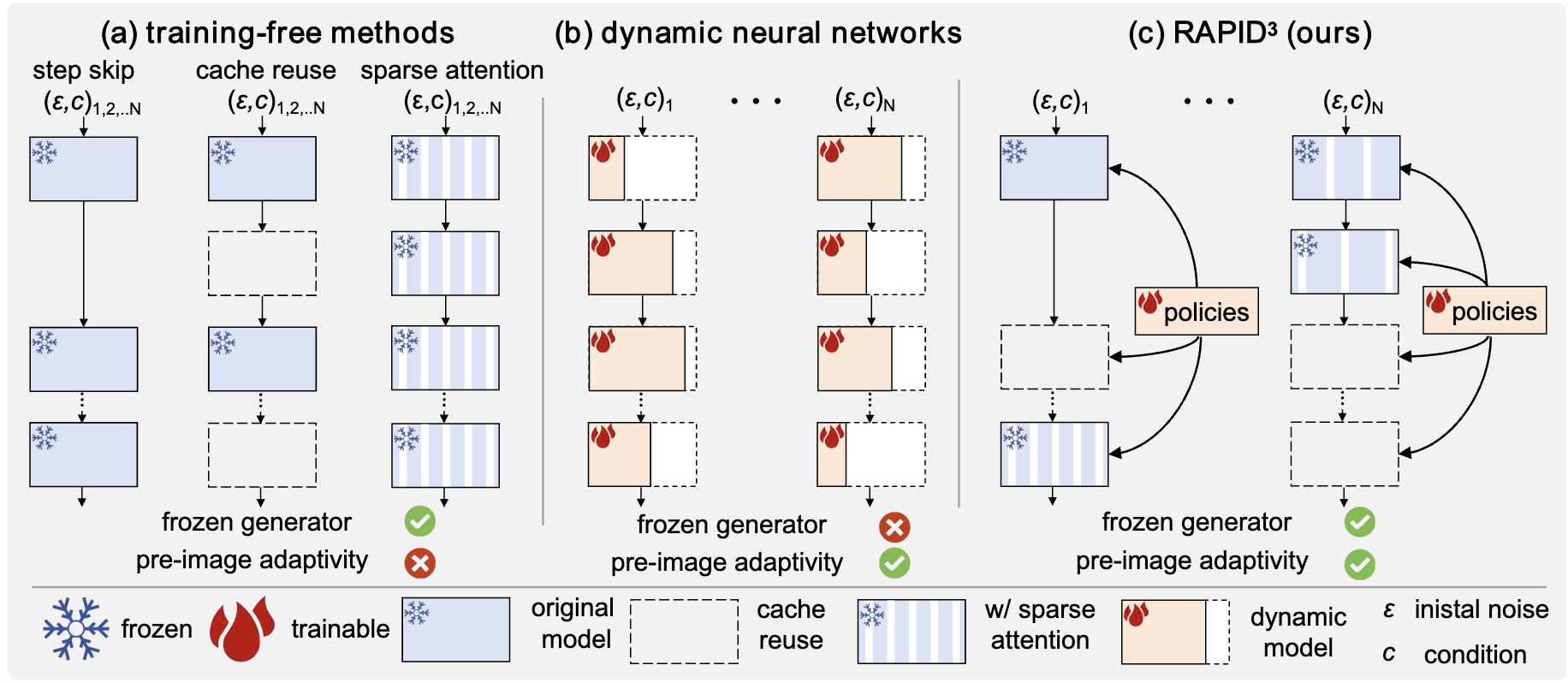
RAPID^3: Tri-Level Reinforced Acceleration Policies for Diffusion Transformer
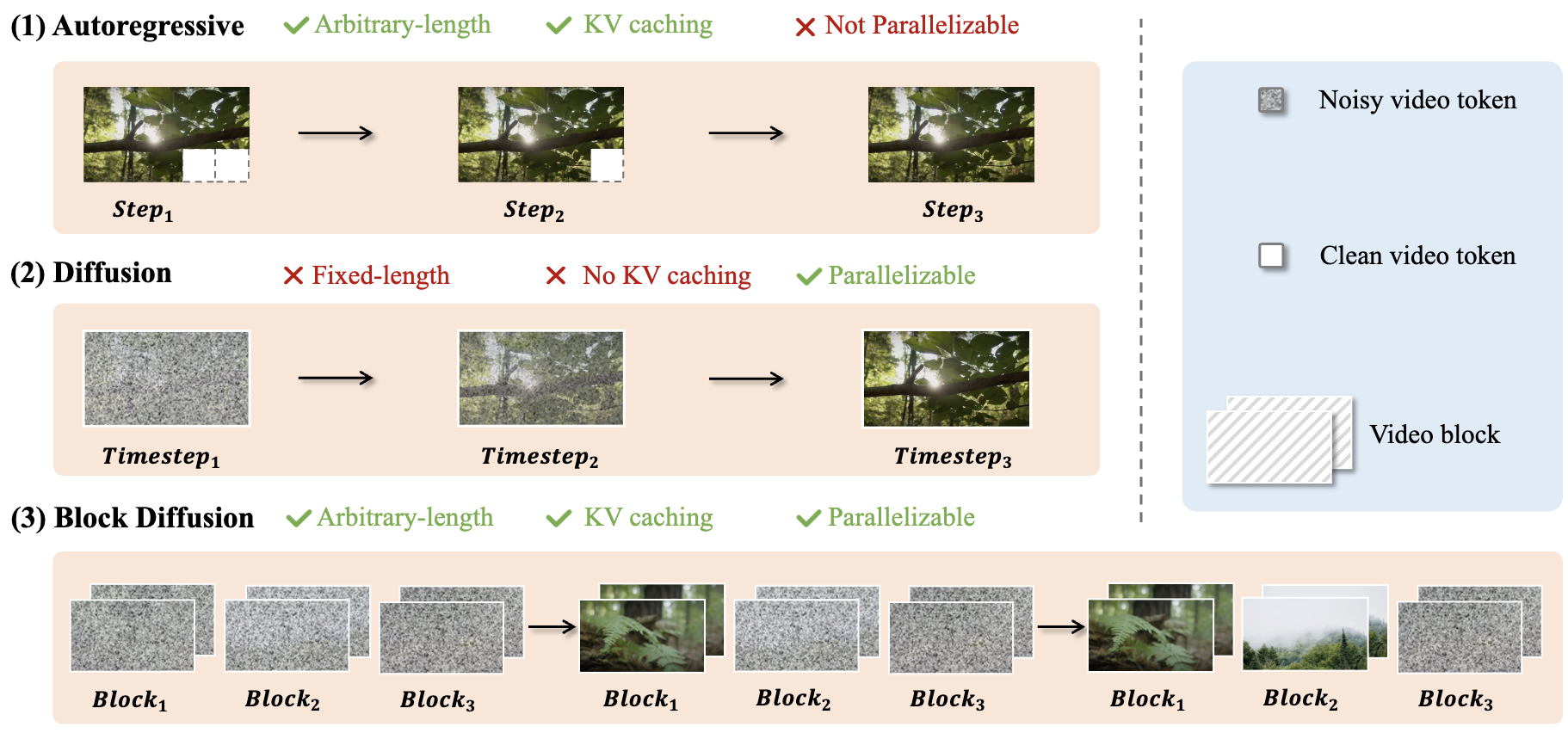
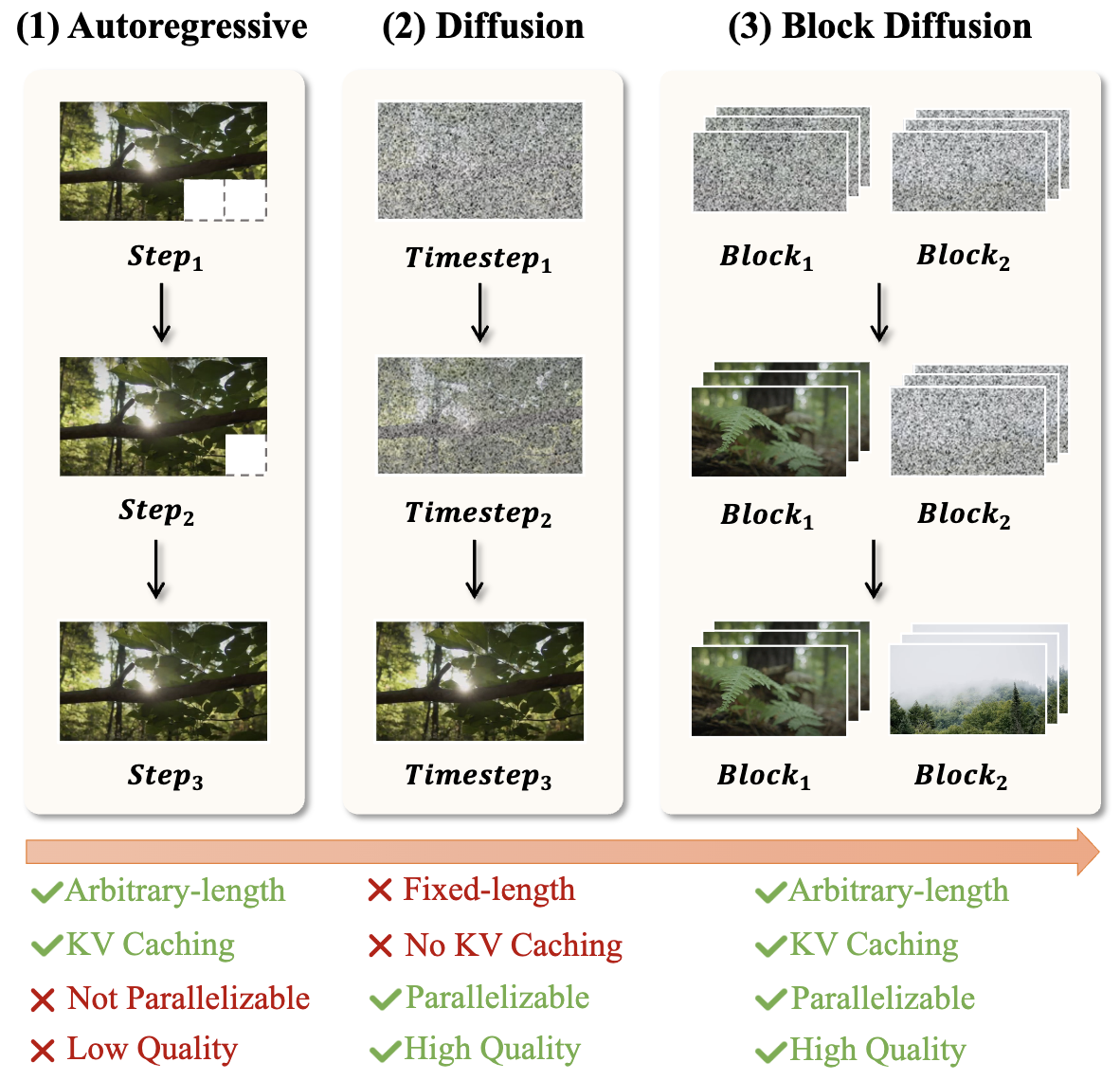
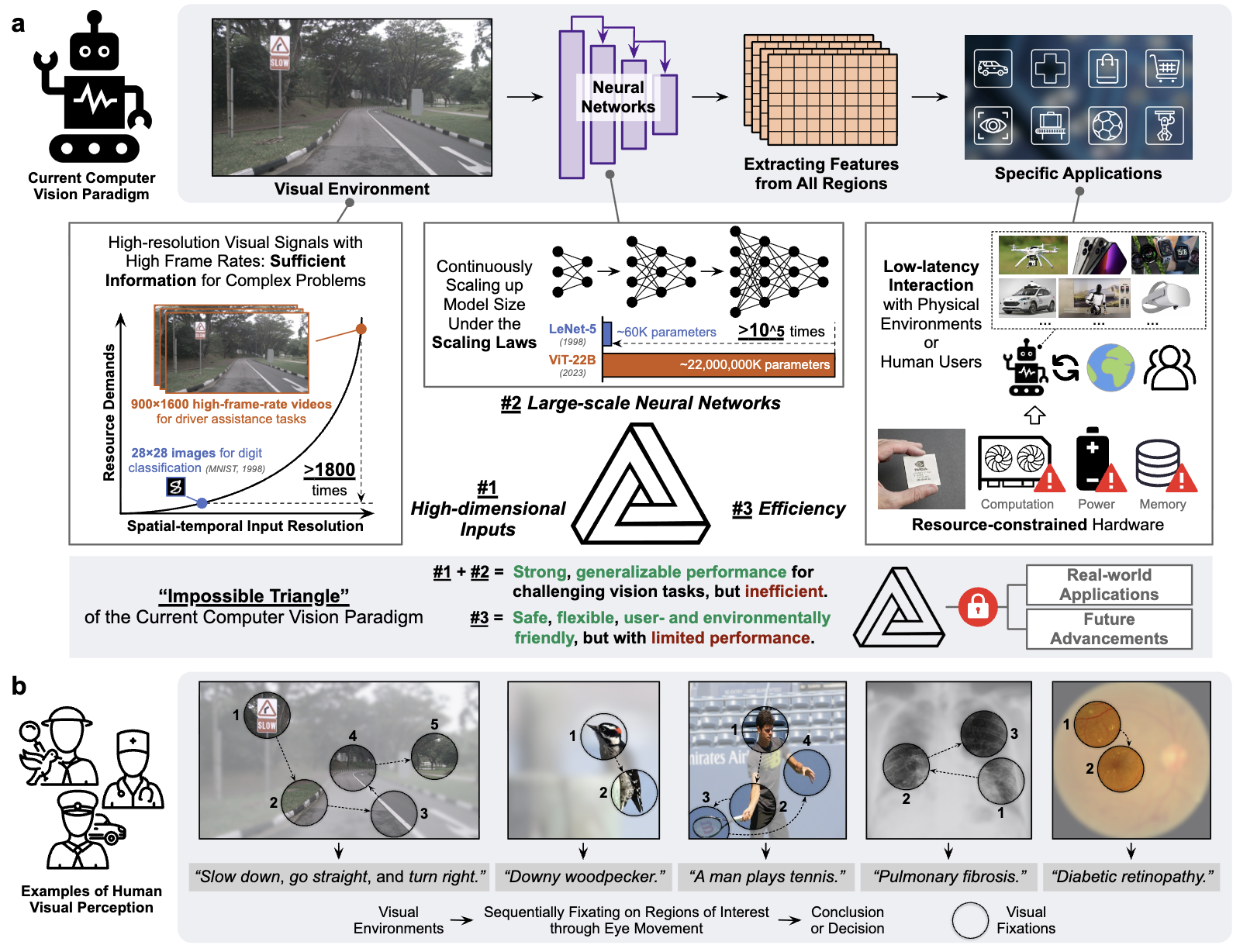
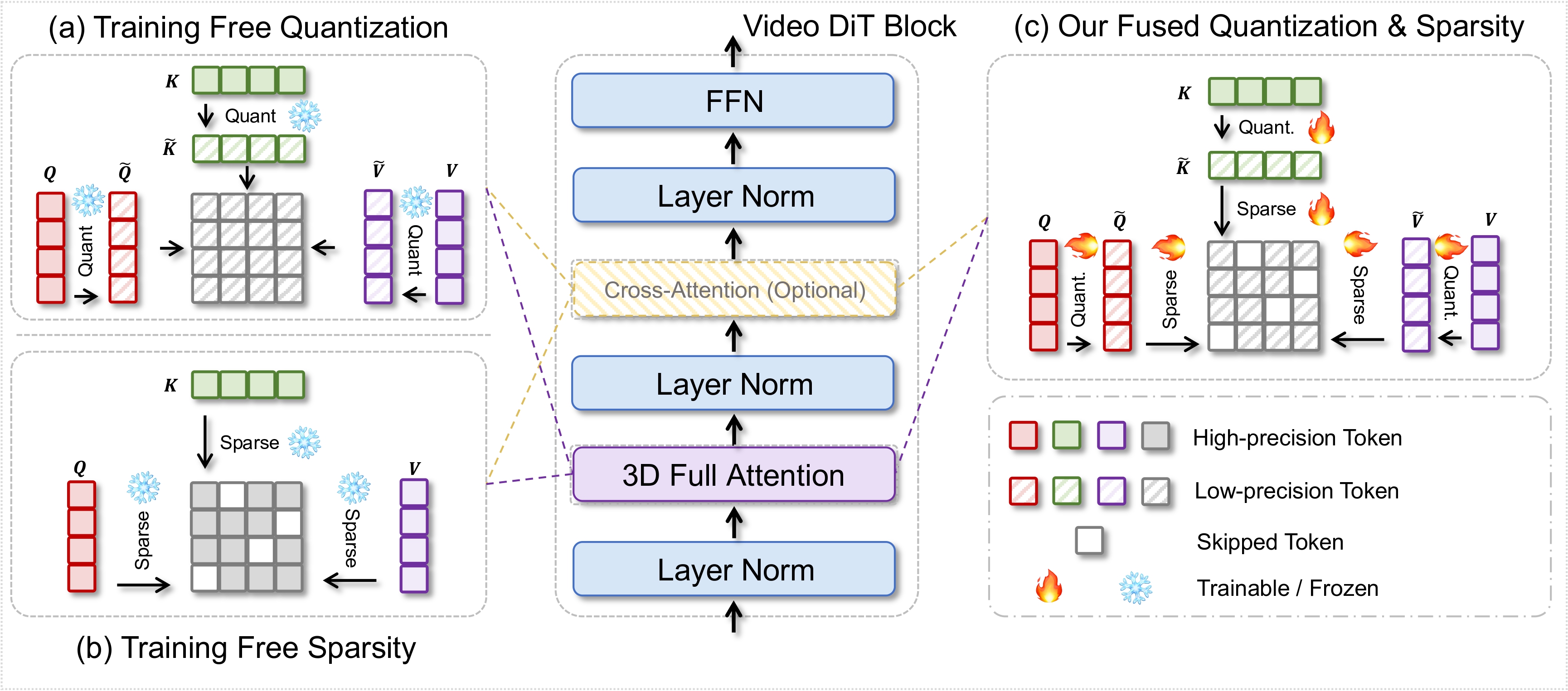
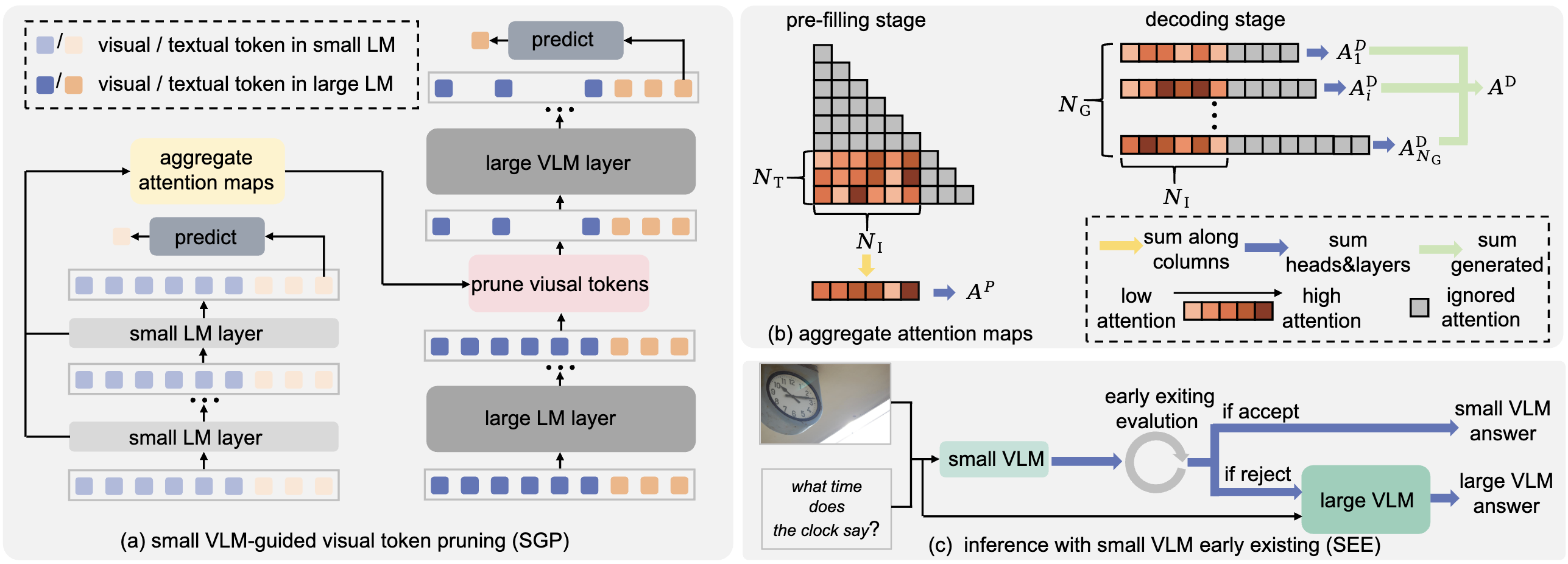
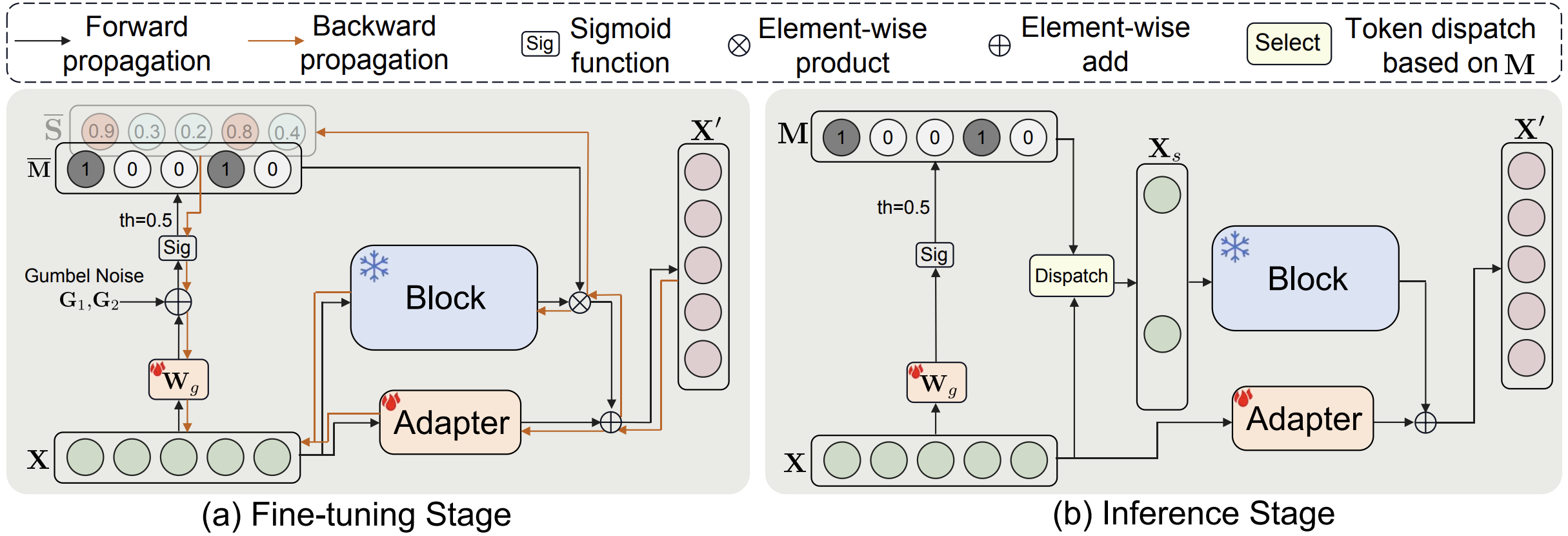
I'm a research scientist at Alibaba DAMO Academy, Beijing, China. I received my Ph.D degree in the Department of Automation, Tsinghua University, advised by Prof. Gao Huang and Prof. Shiji Song.
Download my C.V. here: English / 简体中文.
🌟 My research focuses on deep learning, computer vision and medical AI, in particular dynamic neural networks and efficient learning/inference of deep models in resource-constrained scenarios.
🔥 Recently, I am interested in directions related to Efficient/Dynamic Vision Language Model (VLM), Visual Generation, and scalable medical AI systems.
🧐 I'm also interested in fundamental machine learning problems, such as semi-supervised long-tailed learning and fine-grained learning.









